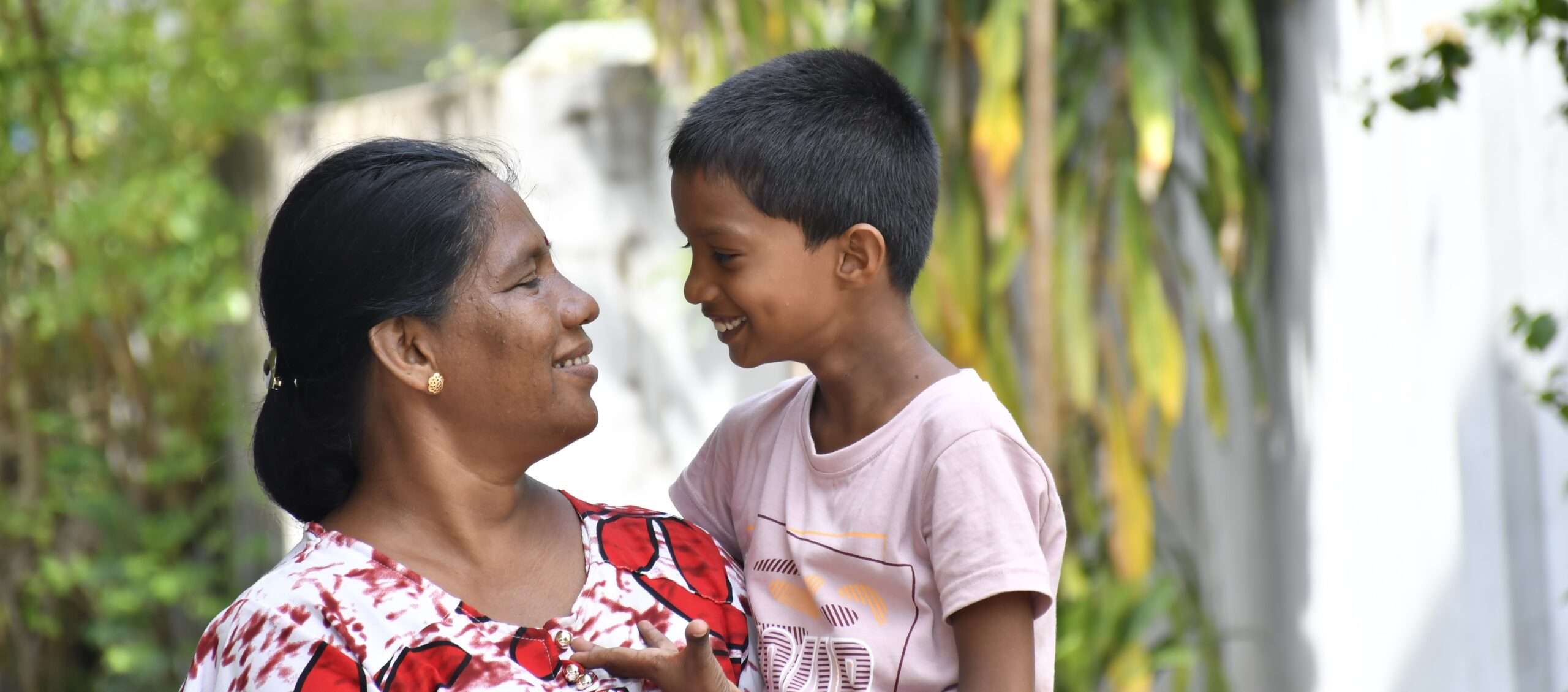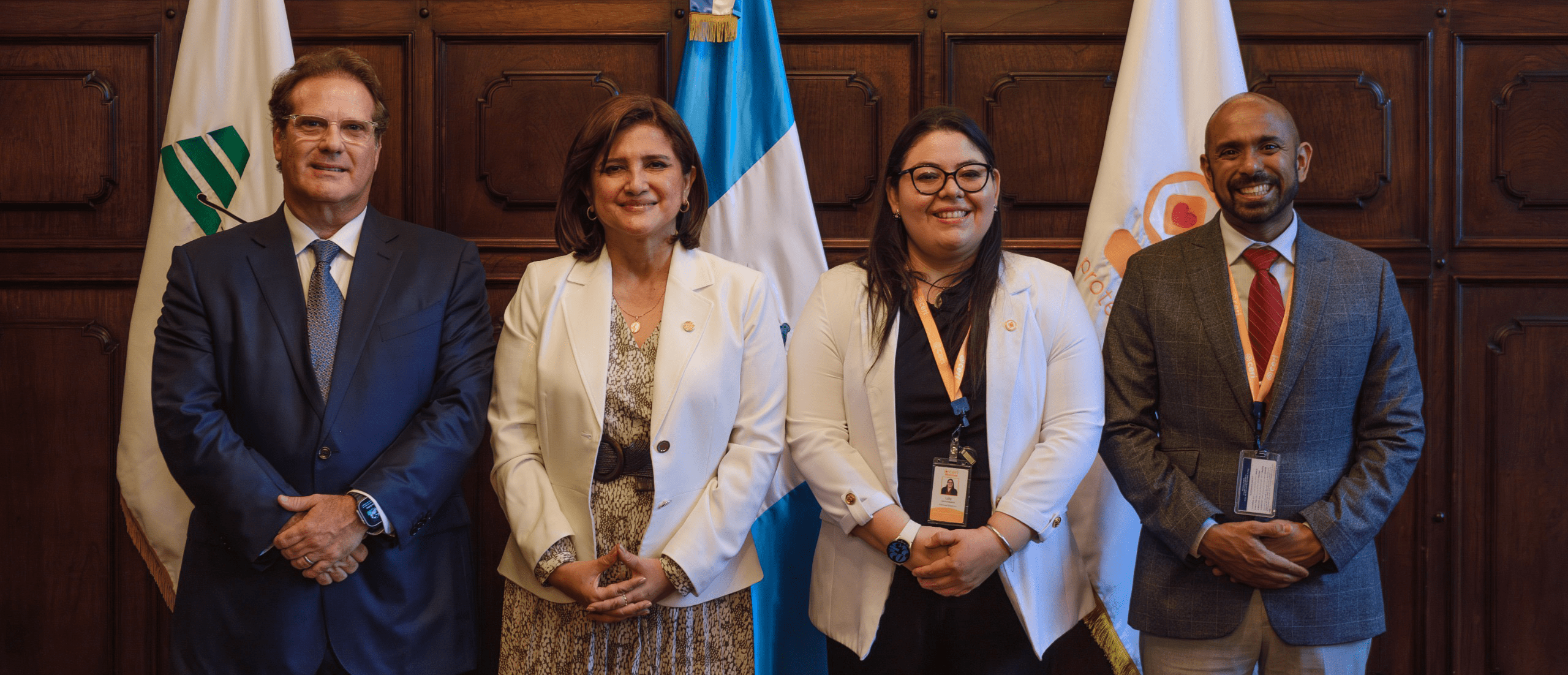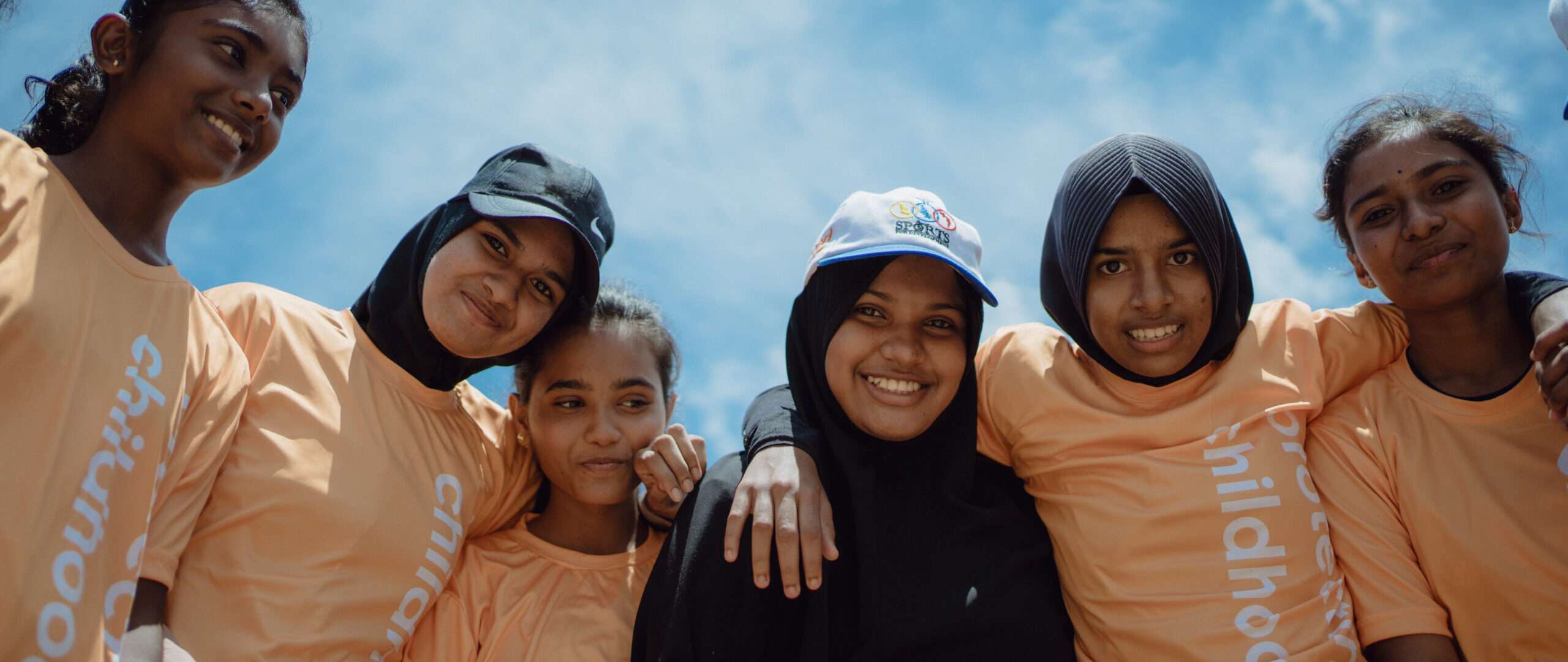By Connie Belciug, PhD, CERI Executive Director
In the summer of 2018, I visited a Rohingya refugee settlement in New Delhi, together with a team of U.S. volunteers. We were looking for ways we could help its 350 residents who lost everything they owned in a fire two months before. The settlement had been relocated to a slum area and was a makeshift jumble of tents with huge needs.
Through the help of a translator, we asked their community leader, “What can we help you with? I thought anything we could provide would probably be very welcomed. He responded, “We have everything we need. Thank you for asking.”
My heart cringed as I felt powerless to do something for those families and their 115 children. I also felt humbled by his response. It was wrong to assume that they needed something that we could offer. Finally, I felt ashamed of having focused on their need before having built a relationship with them. I had failed to acknowledge their human dignity as more valuable than physical appearances and material possessions.

Still, we insisted and asked again what we could do for them. After a few long minutes of back and forth in Hindi, he said, “We need education for our children. People come and give us things and then go away. We need someone to help our children get educated and move forward in life.”
We were taken by surprise again. We were expecting an “easy” answer like food, clothing, shoes or cleaning supplies. Instead, we were asked to provide something that would require a long-term commitment. This was something that would build up young minds that could never be taken away from them, never be left behind when fleeing and never burn in a fire. Education was something their children could never lose.
We quickly learned that compared to other children living in urban resettlement areas, Rohingyas were severely disadvantaged and discriminated against. They spoke a different language at home, represented an ethnic and religious minority and lived in abject poverty. Other humanitarian efforts focused on educating Rohingya children found that most of the refugee children aged 14 and younger had a preschool education level and were developmentally far behind their peers. In India’s public education system, school performance is almost exclusively contingent upon students attending paid “tuition” classes (private after-school programs). Rohingya parents could not afford paying for tuition classes, which compounded the effects their children experienced and undermined their educational performance.
Offering education to Rohingya kids suddenly became a no-brainer. One of our main goals is to offer vulnerable children opportunities to develop and thrive. And what better opportunity than offering Rohingya kids a quality education.
In October of 2018, we started an after-school program in the immediate vicinity of the settlement. We evaluated and enrolled 60 children, who were divided into 3 learning levels. Level 1 children did not know how to hold a pencil. The children in Level 2 were able to write their name. And, Level 3 children were able to write an entire sentence.
At first, it was challenging gathering the children to learn. Kaynat Salmani, CERI Child Protection Consultant and lead teacher, wrote in an initial report:
“It’s been sixteen days since we started our [Learning] Center. The great thing is that all kids are coming regularly, although working effectively with them feels impossible at this time. They were not taught to listen, they hit each other and I feel like I am in the wilderness. They were never taught good manners…Parents asked me to always have a stick with me, otherwise their kids wouldn’t listen. They told me, ‘Do not show them any love or kindness, be strict and only then they will focus on studying.”
We knew we would not use corporal punishment and instead work on different types of discipline. We were committed to showing love and care to a people who live in constant fear of deportation. Kaynat recalls:
“One time the kids were very late for class. I asked why and they told me that a police officer came by and yelled at them, asking residents to fill a form. The children said that the authorities wanted to send them back to Myanmar. They looked scared. The same thing happened two days later. They live in insecurity.”
Our curriculum was quickly adjusted to cover basic skills trainings on topics such as good manners, hygiene and self-respect. Parents came daily to check on their children wondering why they weren’t memorizing paragraphs and information, like they did in school. Representatives of local mosques and tuition centers also showed up to demand that we stop our work, claiming that we were “stealing” their clients. And, about a dozen Hindu children from a nearby slum, insisted on joining our already crowded after-school activities.
We started seeing progress. Children arrived one day and, before starting the class, arranged their shoes in a row. They proudly showed their new manners to their teacher, who caught the moment in a picture.

The stories of progress continued as time went on. The following are a few of the highlights.
“This Monday, a mother came to me with a big smile on her face, to tell me, ‘Ab mera beta ne likhna shuru kar diya hai.’ (Now my son can write.)”
“On Tuesday, the kids did not show up on time again. They explained that a representative from UNHCR had come to the settlement to teach about hygiene. The children were extremely happy and proud to tell her everything they learned from us. She was very impressed and asked us what other things they learned from the Center. They told her that India has 29 states and the names of India’s Prime Minister, President and Delhi’s Chief Minister.”
“Tasmida, a 19-year-old student in 12th grade was smiling while telling me that when the teacher asked a question, she raised her hand to answer and everyone was surprised. She added that she knew the answers because she was studying at our Center. Tasmida also shared that a few weeks ago, the same teacher had asked her to leave the classroom because of her poor performance. Today the teacher was impressed by her answers.”

Over the last two years, more than 1 million Rohingya refugees have fled their homes. Sixty percent of them were children. Today, this generation is growing up without a place to call home, with no access to quality education or adequate healthcare. They face dangers that threaten their immediate safety and wellbeing, as well as their chances to a better future.
Like all children in emergencies, Rohingya kids are extremely vulnerable and unless provided with long-term solutions that address their safety, health and development, they will be a generation lost to war and violence.
Children have the right to quality education. Our Learning Center in New Delhi is helping transform children’s futures by equipping them with knowledge. Together with your support, we are fighting against discrimination and injustice that too often targets refugee children and families.







